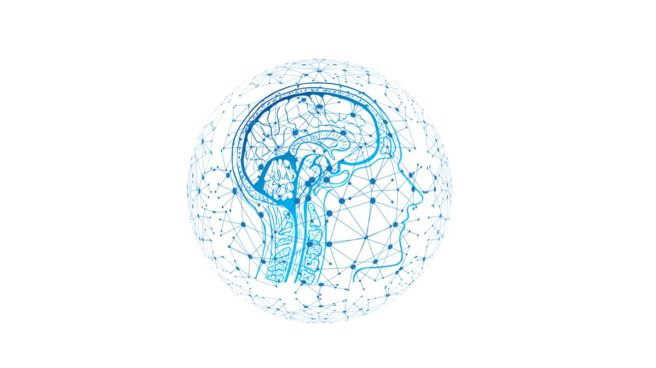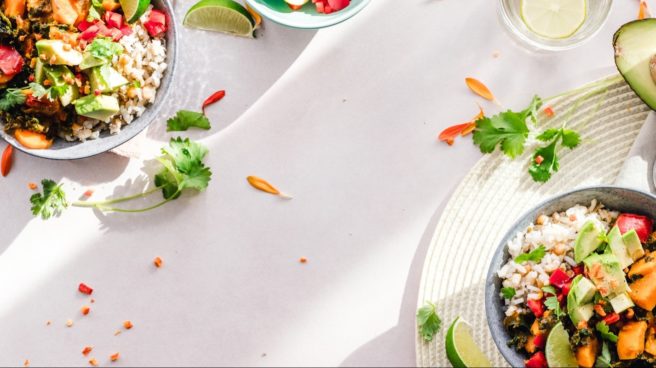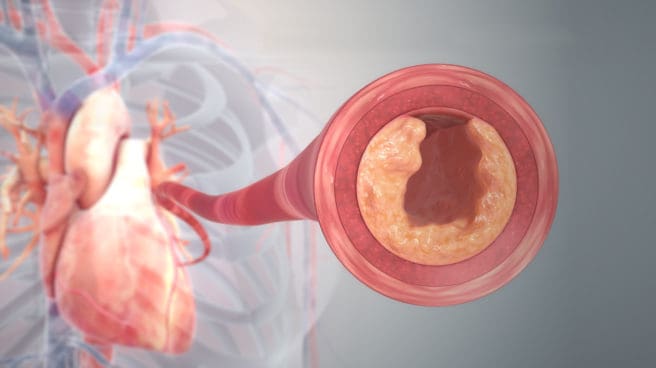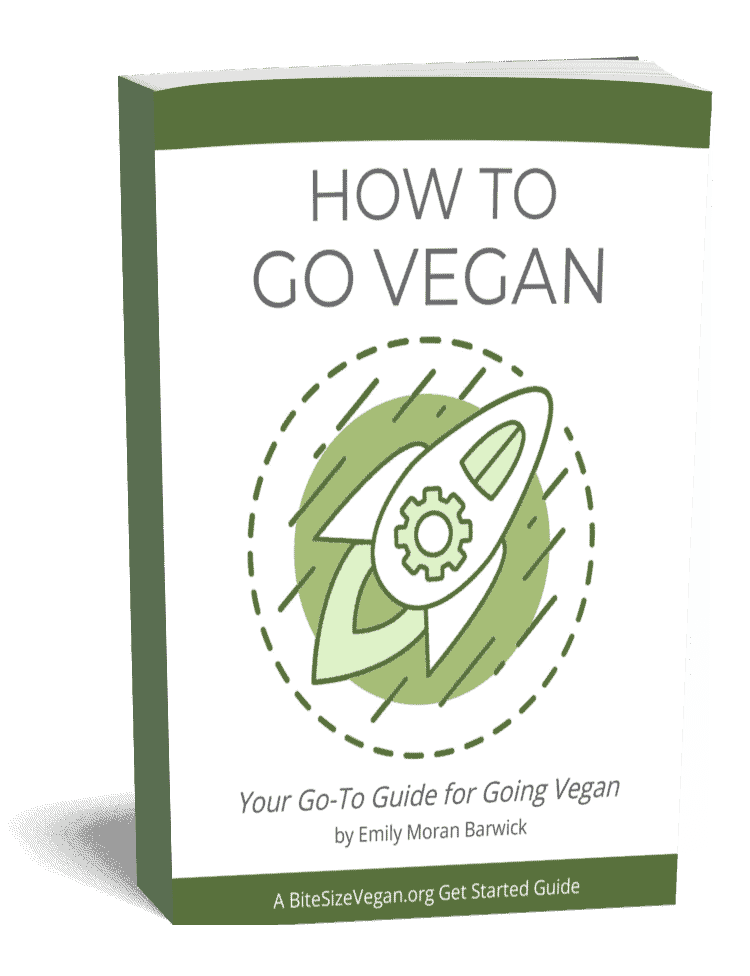Are vegan health claims dangerous to the overall vegan message? In this follow-up to my last interview with Registered Dietitian Matt Ruscigno, we discuss the often exaggerated claims about the health benefits of a vegan diet.
Are you run down? Uninspired? Overweight? Loosing your hair? Not smelling too fresh? Malnourished? Overnourished? Too fat? Too thin? Too old? Too slow? Has your head come off? Well worry no more! Because now, for a limited time, when you go vegan you’ll be better, faster, stronger, thinner, younger, more attractive than every before, and markedly less decapitated! Veganism: the blanket solution for everything that’s every gone wrong in your life and the whole world ever.
Recently I released my second interview with long-time vegan, ultra-athlete, and registered dietitian Matt Ruscigno, wherein we discussed the problem of exaggerated vegan health claims, as well as Matt’s simplified approach to nutrition. In that video, Matt said a couple of things that didn’t go over too well with many of you, some of which were interpreted as a license to eat animals and their byproducts.
As the video didn’t really give adequate context to or time for Matt’s thoughts, which is on me, we wanted to do a follow-up video delving deeper into his arguments for accuracy when it comes to vegan health claims.
To hear all of what Matt had to say, be sure to check out the video, but here are some choice nuggets!
How exaggerating health claims impacts the goal of creating more vegans in the world:
“Sometimes it looks like vegans will say anything to convince people to be vegan. [tweet this] And that I think is problematic. Let’s point to the evidence when people say ‘Well can I be healthy?’ Yes you can. Here is the evidence that shows you can get the nutrients you need and you can even reduce your risk for disease.
Getting people to eat healthier is a multi-billion dollar industry, right? We have all these supplement companies and we have all these Naturopaths that want to sell you you know all sorts of goofy mushrooms from South America and essential oils that absorb through your skin and make all sorts of health claims and I don’t want veganism to be in that category.[tweet this] So let’s get veganism out of that world of making crazy health claims.”
On the distinction between plant-based benefits vs. veganism:
You know, I am wearing two hats basically because I am first and foremost an ethical vegan right, I have been vegan almost 20 years now and I have also been in the nutrition field for another 12 or so you know when I finished my graduate degree and the reason that I find this so interesting is that science is very complicated and there are a lot of factors to take into consideration when we are talking about diet and health outcomes.
We have lots of evidence that eating plant based has benefits. I do a lot of talks with non-vegans at professional conferences and I say, “look, we are really lucky. We have decades and decades of research—longitudinal studies like the Adventists health study and also some short-term studies showing what mechanisms of plants are beneficial: the fiber, the antioxidants and the nutrient density. We have all this evidence that points to eating more plants being beneficial. But a distinction is that doesn’t equate to veganism. They are not the same, and that’s the point that I try to make.
On the ample studies and reports that animal products are detrimental to health:
I think like the WHO report [linking processed and red meats to colon cancer] is really helpful in showing that animal products aren’t health foods. They may supply some nutrients that people need and that is true and this is what the meat industry loves to point to, ‘it’s an important part of a healthy diet, blah, blah, blah.’ Well what they leave out is that you can easily get these nutrients from plant foods.
But what the evidence points to is that these products should be reduced. And let’s say you eliminate processed meat and red meat—your average person who isn’t a vegan or thinking about veganism is going to say, “ok then, I will eat more chicken, I’ll eat turkey, I’ll eat eggs, I’ll drink dairy.” That’s how they interpret it.
So my point to vegans and advocates of veganism is to make sure we are not seeing this only through our vegan lens. That there is an important distinction because people want to continue doing what they are doing, and that is eating animal products. They want to keep eating animal products. How do we get them to not? Well, I think we point and focus on the ethical argument and then when they ask questions about health we can say “well, we have all this evidence that says vegans are very healthy and that veganism can even help reduce chronic diseases,” because we do have that evidence.
On ethics and veganism vs. plant based:
That is where ethics comes in, you can’t argue against the suffering that animals go through in order to produce food, you know, that is something that we can always point to and to me a much stronger argument and that ethical veganism is different than plant based for health, they are different things and I think that a lot of people know this and understand it but sometimes in promotion the two get confused.
On the distinctions within “pro-vegan” studies:
Dr. Esselstyn has done fantastic research as well reducing heart disease3 and he has the papers to back it up, he has been doing this a long time but his plan doesn’t include oil, he is very much against oil, olive oil, any oil, right. So, as vegans do we point to this and say “Go vegan—and that means no oil.” Do we need to be that strict?
Let’s take the idea of stress—and we can relate it to Dr. Ornish and his groundbreaking research in preventing and reversing heart disease.4 He really is ahead of the curve, amazing research and showed that you can reverse a disease, which is a crazy concept: you have it, you do some things, you don’t have it anymore. That is phenomenal, right? But, his research involved medication and stress reducing techniques and that affects our health like you said and his diet also included low fat dairy and fish. That is not veganism, right? We use this to promote veganism but the diet he was using was not totally vegan. So, what does that mean, well it complicates things for us.
On his previously made comment that people can reduce cholesterol on paleo:
My point is that paleo folks can also see research through their own lens, and they can point to peer reviewed studies that show lower cholesterol levels, lower weight—all sorts of things are reduced. But an important difference is with vegetarianism and veganism, we have decades of research paleo does not have that. Almost no other dietary pattern has the depth of research that vegetarianism has, veganism on a lesser scale.
We look at the first Adventist health study,1 which followed folks a few decades ago and about half of those people were vegetarian and that’s where the evidence points to look these folks live longer, their life expectancy is being increased if they are vegetarian and that is great evidence and but only a very small percentage of them were vegan.
Now we have the [second] Adventist health study,2 which follows 100,000 people. It’s a humongous cohort—maybe the biggest that has ever existed. And now 10% of that group is vegan—which is great, because we have shown an increase in the number of vegans within Adventists, and I think they are ahead of the curve with plant-based nutrition, so it’s great to see that there is an increase there—and we will see that in the rest of the population.
On risk factors vs disease outcome:
So we can actually say “it’s not just cholesterol levels which are one risk factor but it’s all of these risk factors are adding up to point to longevity,” and this all points to lower rates of these kinds of diseases. Another important consideration here is the concept of risk. There are many risk factors and what we can do by eating plants and nutrition, good nutrition, is reducing those risk factors. That doesn’t mean that you won’t get that disease, it means you are much less likely to. Do some vegans get cancer? Yes. Do some vegans get heart disease? Yes. Is the risk reduced for the population? Absolutely. But those are two different things, you know, we can’t make claims that are absolute and that’s an important distinction because I see vegans doing that too often. [tweet this]
On the importance of fact-based non-extremism in veganism:
The reason I talk about this stuff is because occasionally I will have someone at one of my talks say ‘Well, I hear all this and I see all this evidence but really you have to be a raw food vegan that only eats non-GMO and organic. That is the only way to eat healthy.’ I’m like ‘well, show me the evidence.’ [And they say] ‘Well everyone knows this. Haven’t you seen the vibrations pyramid?’ You know, and these are people who are advocating for veganism and they are very very strictly defining it and I think that is problematic because what if that is the only vegan, non-vegans know, is this person talking about the vibration pyramid and you have to be raw vegan to be healthy, you know, those things aren’t true, that’s not real and to me that’s what problematic.
Fake meat, vegan meat, whatever you want to call it, you know, you can say ‘oh it’s processed it’s not part of a healthy diet you need to eliminate processed foods.’ Well, the Adventists eat fake meat in a can. It’s an important part of their diet, right, you go to Loma Linda5 and the shelves are stocked with all sorts of fake meat that is in a can and these are the people where our strongest evidence comes from. Well, they are eating it so does that mean you have to eat it? Well, I wouldn’t make that claim. But I would say that you can eat it, right? [tweet this]
So let’s not get, we get caught up in these details, you know, that eating some veggie sausage with your dinner will kill you and you might as well be eating the real thing. I have heard vegans say that and it is not the case. You know and that is the danger of this I think is getting too caught up in these health arguments.
I hope this deeper look into this important topic was helpful in clarifying Matt’s position and lending proper attention to the issues.
As Matt said, we have decades of research on our side on the health aspects of eating a plant-based diet, and we certainly have iron clad ethics to back up any doubts. Personally, if being vegan was the most unhealthy way I could eat, I’d still be vegan, because the impact on the planet and more importantly the animals, is undeniable. Fortunately, a whole foods plant-based diet just happens to be ridiculously healthy as well.
Now I’d love to hear what you think about the need for accuracy when it comes to the health side of veganism. What are your thoughts on what Matt had to share? Let me know in the comments!
— Emily Moran Barwick







I became a vegetarian first and people use to tell me it was unhealthy and I would soon die. Funny but I am still alive. I did this for ethical reasons so health concerns didn’t interest me.
A plant based diet is healthier but you also need to combine it with exercise.
Matt Ruscigno is very knowledgeable.
Dr Ornish new book “Whole” will help people I wonder if he still allows dairy in it,,funny that Clinton goes vegan,while the biggest meat producer in world paid his campaign n got him elected,,Mrs Hilary got shares tips n turned $1000.ok investment into hundredfold,hard to resist money n all the so called charities esp child “education really it is charity to the teachers new cars n condos,they don’t take bus,but stole children lands,so children no longer can grow own salads,but are forced to eat taxpayers paid lunch program reject meats n dairy n sugared white flour n egg pancakes
I really enjoyed this a lot better than the last. Not that the last was horrible, but this one was MUCH clearer. Love all the work you do emily, and thanks matt! Keep it up!
Thanks so much Laura! So great to “see” you :) Hope all is well! Much love :)
Why does Matt need to use ridicule techniques to reject certain vegan views which he has not research ed like sayin vibrational has no research or its ok to eat olive oil ,is bottles of oil a tree crop ridicule been used to discount vegans,why use se tactics he needs to research more what he criticized,health maxim is important,coz moral ethics go down if ppl think they’ll get sick or die when they adopt vegan too many hv gone back to paleontology when unhealthy vegan diet failed btw all oils r highly processed concentrate which feed all kinds of diseases liike tis. Eat the olive ,see book Whole by Dean ormosh also Carl Pfeiffer for food brain allergies infatoons n severe mental dysfunction vegan grains n fructose in some fruits n vegetables can trigger serious mental stuff etc,let’s reply w knowledge n respect not ridicule see brilliant greens plants book n secret life of plants before ridiculing plants as nonsemtiemt we can eat leaves fr tree for hi protein with no serious ha to the trees